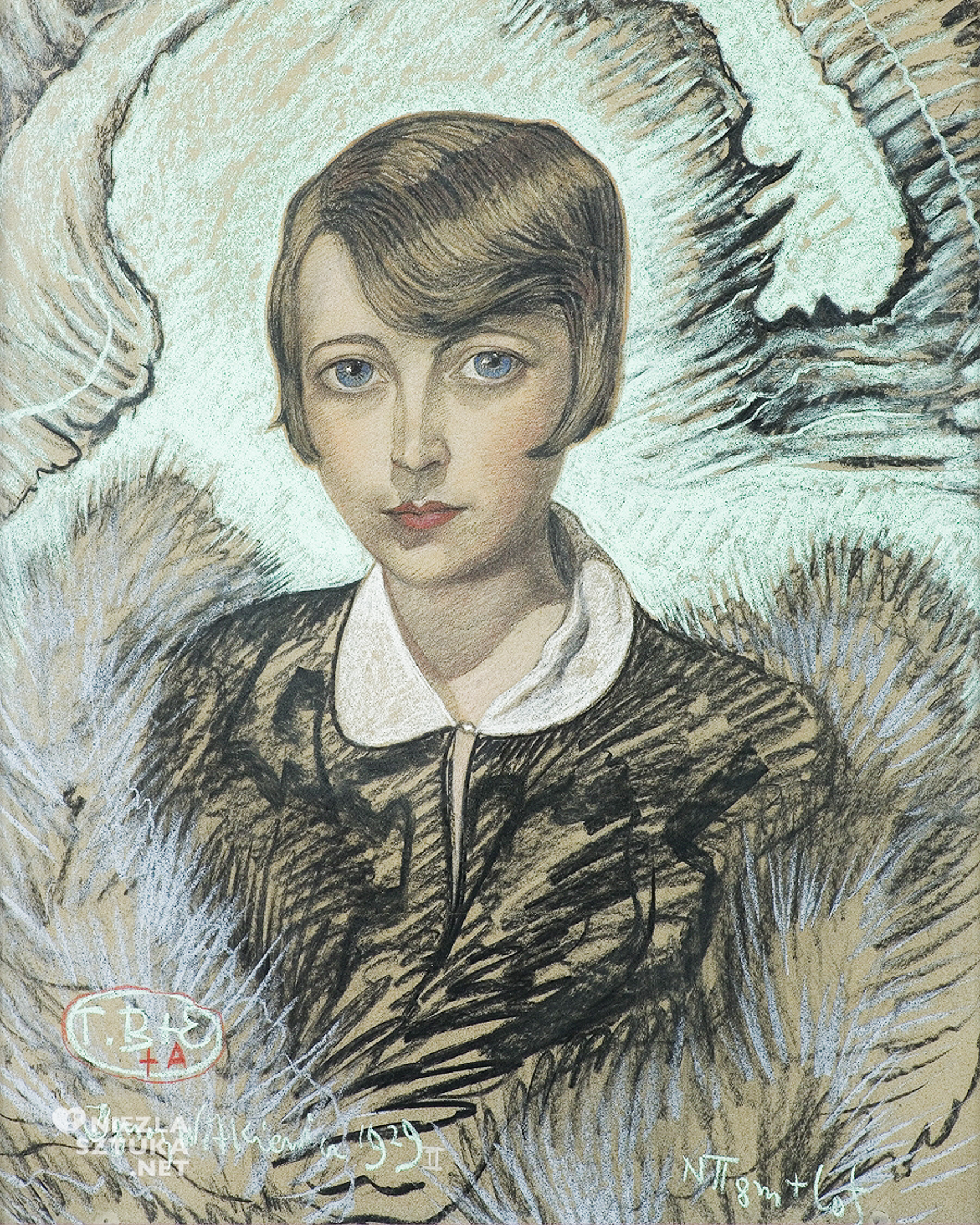
20 Feb Stanisław Witkiewicz
Stanisław Witkiewicz (1885-1939) was a Polish philosopher, writer, and artist who is best known for his contributions to the philosophy of art and aesthetics. Witkiewicz’s philosophy is characterised by its rejection of traditional metaphysics and its emphasis on the importance of subjective experience and intuition in understanding the world. In this article, we will explore the key themes and ideas in Witkiewicz’s philosophy, with a focus on his contributions to the philosophy of art and aesthetics.
Witkiewicz’s philosophy is rooted in the idea that reality is not fixed or objective, but rather is a product of our subjective experiences and perceptions. He believed that traditional metaphysics, which seeks to uncover objective truths about the world, was inherently flawed, as it fails to take into account the role of the subject in shaping our understanding of reality. Instead, Witkiewicz argued that we must look to our subjective experiences and intuition in order to gain a deeper understanding of the world around us.
This emphasis on subjective experience is particularly evident in Witkiewicz’s philosophy of art and aesthetics. He believed that art had the power to transform our understanding of reality by opening us up to new modes of perception and experience. Witkiewicz saw art as a way of expressing the innermost feelings and experiences of the artist, and he believed that it was through these expressions that we could gain a deeper understanding of the world around us.
Witkiewicz dealt with philosophical issues many times and is the author of several strictly philosophical writings. In 1935, Witkacy’s basic philosophical work was published: Concepts and theorems implied by the concept of existence – called by him “hauptwerk”. As a critic, Witkacy was as radical and non-conformist as Stanisław Brzozowski, which did not win him any friends. Witkacy’s last philosophical work, supplementing the “hauptwerk”, is Zagadowanie psychofiziczne (1938). He dealt with three areas of philosophy: ontology, historiosophy and aesthetics.
Witkacy critically assessed many contemporary philosophical trends: the analytical philosophy of Bertrand Russell and the Lvov-Warsaw school for scientism that rejected metaphysics. In Concepts and theorems… he worked out his philosophical position, which he described as biological monadism. It was a philosophy inspired by Leibniz’s monadism, intended to defend individualism while reconciling it with biologism. For him, biology was a science irreducible to physics.

In metaphysical considerations, Witkacy was a representative of a view called biological monadism, which was not very popular in his time, referring to Leibniz’s concept of monads. He expressed his main theses in the pages of Concepts and theorems implied by the concept of existence. Witkacy wanted to defend the belief in the uniqueness of people while recognizing the importance of biology, which is the basis of the world. The world consists of monads – irreducible objects that can interact with one another. In his opinion, this results from the concept of Existence, which implies a multiplicity of individual existences: beings conscious and at the same time made of matter, which are the Mystery of existence, impossible to describe either in the language of analytical or non-analytical philosophy. This view, although innovative and undeniably going against the dominant trends of the time, did not gain followers. As a philosopher, Witkacy always advocated individualism and the special place of the individual, and against the massification and complete automation of humanity.
One of the key concepts in Witkiewicz’s philosophy of art is what he called “pure form.” Witkiewicz believed that art should be judged not on its representational qualities or its ability to mimic reality, but rather on its ability to create a new reality through the use of pure form. Pure form, in Witkiewicz’s view, was the essence of art, and it was through this pure form that art could express the artist’s innermost thoughts and emotions.
Another important concept in Witkiewicz’s philosophy of art is what he called “metaphysical realism.” Witkiewicz believed that art had the power to reveal the underlying metaphysical realities that lay beneath the surface of everyday experience. He believed that art could help us to see the world in a new way, by revealing the underlying structures and patterns that give meaning to our lives.
Despite the importance of subjective experience and intuition in Witkiewicz’s philosophy, he also recognized the need for a rigorous philosophical framework. He believed that philosophy had an important role to play in helping us to make sense of our subjective experiences and in providing a framework for understanding the world. However, he also recognized that philosophy could never provide us with a complete or objective understanding of reality, as it was always limited by the subjectivity of the philosopher.

No Comments